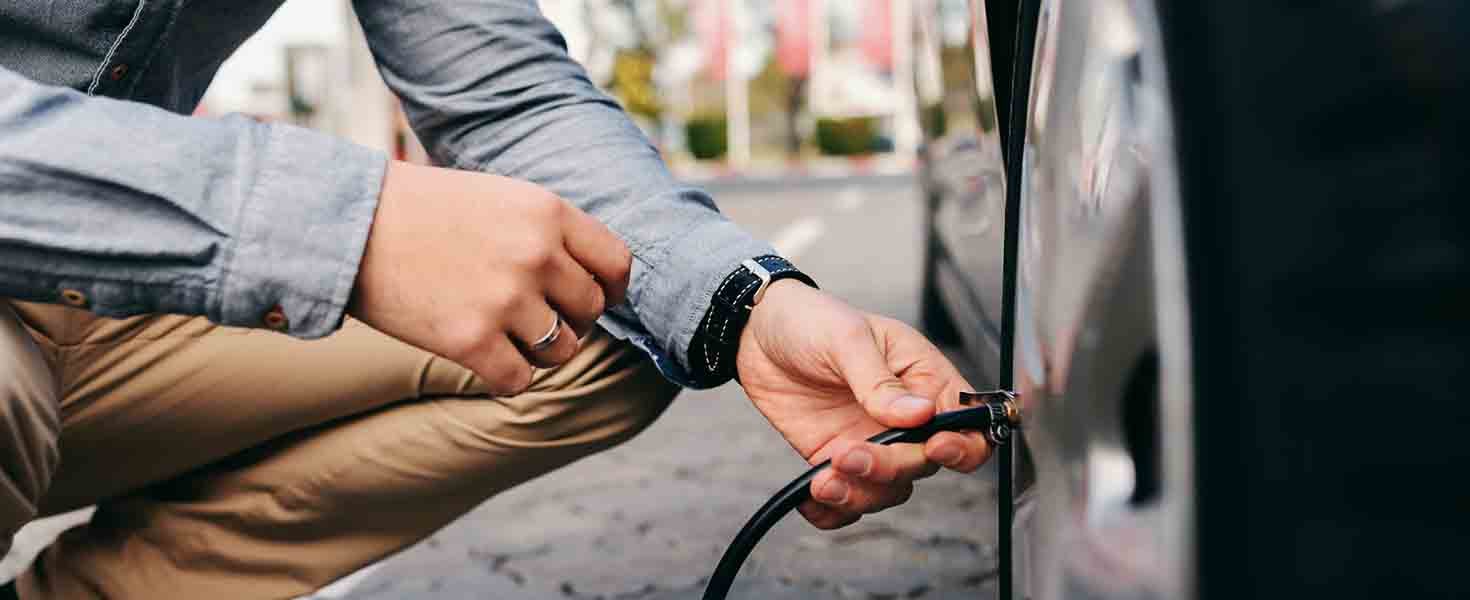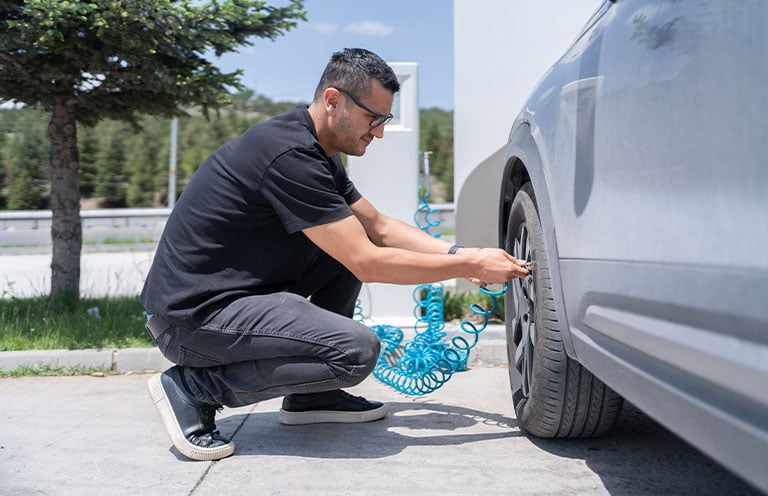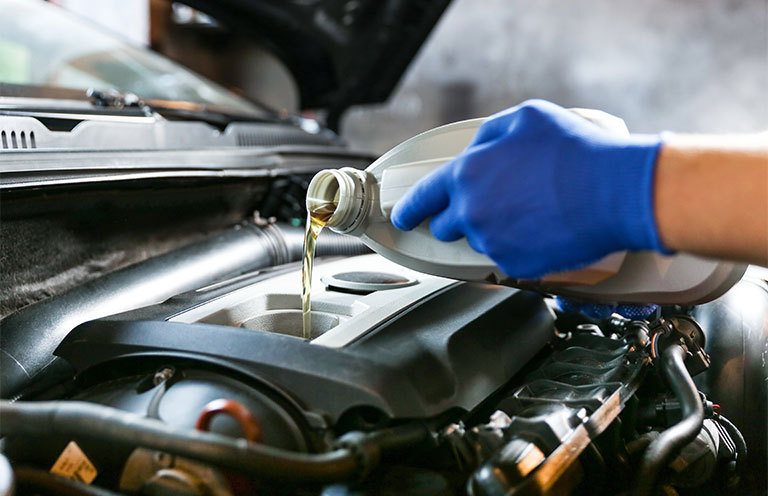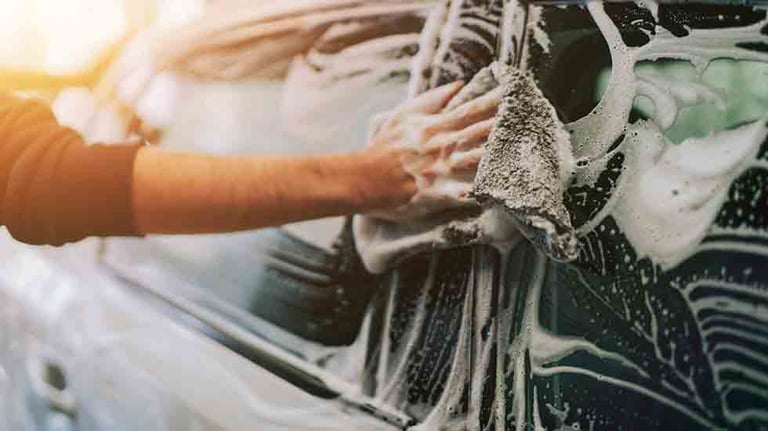6 Minor Car Repairs That Can Save You Big Bucks
Small investments can prevent expensive damage


When it comes to car repairs, there are no easy answers. As one of our most significant and important investments, we want to protect it. Unfortunately, repairs can be expensive and most of us don't want to break the bank to fix minor damage.
One of the first steps a responsible driver can take is to familiarize themselves with their vehicle's manual. You won't need to read it cover to cover or memorize anything; there won't be a test! But, familiarizing yourself with things like maintenance intervals and the working life of certain parts will help you anticipate repairs and plan for the added expense of things like brake service.
Let's run through a list of common, relatively minor vehicle issues that can cost drivers big money over time:

Tire inflation
This should be checked at least once a month and it doesn’t cost you a thing! Properly inflated tires will drive better, wear evenly, and provide maximum traction during extreme weather conditions. Driving a vehicle with low tire pressure will cause premature wear and diminish fuel efficiency.
Tire alignment / rotation
Wheels should typically be aligned every 2-3 years and your tires should be rotated every 5,000 miles or during your regular oil change. While alignments will generally run you about $100-200, many mechanics will rotate your tires as they perform other work on your vehicle for a minimal fee. These often-skipped repairs are relatively cheap and will ensure your tires experience their full lifespan.

Oil changes
Many people regularly drive past their recommended oil change mileage. The cost of doing this is not immediately apparent and may take years to fully manifest, but eventually their vehicle's vital components will pay the price. The $35 or $45 saved now could cost thousands in repairs or diminished resale value later.
Windshield wipers
Most drivers are guilty of putting this off at one point or another, particularly during sunny summer months. All it takes is one downpour or a dusting of snow for us to realize how long it's been since we replaced them. Old or damaged wipers smear water instead of wiping it away. Diminished visibility from old wipers leaves drivers more prone to accidents or collisions that can cost big money.

Regular washes
Whether you're a full-service wash kind of driver or a penny pincher who prefers to get out a garden hose and a bucket, the simple act of washing your vehicle does wonders for preserving its value. Leaving things like road dirt, grime, salt, and bird droppings on your car puts a strain on your paint's finish and can quickly age a vehicle, particularly if it's parked outside. Regular washes will preserve your finish, keep pesky and corrosive materials out of parts, and protect its resale value.
Brakes
A lot of maintenance attention is given to the things that make our cars go, however equal if not more attention should be paid to the parts that bring them to a stop. Our brakes help us park, stop at stoplights, and avoid collisions, so there's really no such thing as minor brake repair and the cost of deferring those repairs can result in extremely dangerous driving conditions. Regular attention should be paid to the wear on pads, regular fluid checks, and the health of your brake rotors.
Of course, every vehicle is different and repair scenarios are infinite, so this is by no means a comprehensive list. We recommend drivers keep a folder with all of their vehicle's information in it. Your folder should include your car's basic identification information as well as repair invoices and service records so that you know when various maintenance items have taken place. This will help arm you for conversations with your mechanic on when to make a repair and also give you a record of past repairs you can discuss with them to determine your next maintenance steps.
